On the eve of the final round of the Final Stage of DP World Tour Qualifying School, Gary Hurley sits on the cusp of his main tour dream. With a Challenge Tour card already in his back pocket courtesy of a top-5 finish on the Alps Tour Order of Merit, Hurley has the chance to bypass Europe’s secondary tour altogether and earn his stripes to the Promised Land.
All that stands in his way is himself.
That night, Hurley can hardly eat. Familiar feelings bubble to the surface. A siege of emotions racing out of control.
He’s on the brink of a panic attack.
There was a time such episodes were all consuming. A maze of inescapable thoughts.
Not anymore.
Through his work with Performance Coach Dr Ed Coughlan, these days Hurley can find the exit, albeit on this occasion he needed a little help.
“I called Ed that night and we reframed everything,” Hurley recalls from… spoiler alert… Leopard Creek, where he’s safely made the weekend cut for the second DP World Tour week in a row.
“I got on that call not knowing if I could do it and an hour or two later with Ed and I wanted to get on the first tee and go.
“I was ready. I slept like a baby, got up the next day and I was still ready to execute the work like we wanted to execute it.”
The time was now.
Yet to suggest that a magic phone call on the eve of battle was all it took to see Hurley seize his chance and earn promotion to the DP World Tour would be to underestimate three and a half years of lifechanging work. A time in which Hurley, through painstaking self-analysis, mental exercises and repetition, completely rewired his brain.
“I have. I definitely have,” Hurley agrees. “Don’t get me wrong, I’m not perfect at it. I’m tired after a long season and the last while my self-talk hasn’t been as good but that’s OK – I’m human, I’m not a robot.
“But I’m passionate about this stuff because it has changed my life and I’ve seen how it’s changed my life and other people have said to me how I’ve changed as well and that makes me think ‘Jesus’. I just have so much respect for it.
“My values are different now. My values aren’t set around the scores I shoot. We’ll have a task or a theme on the day where I’ll want to be the best there ever was at that task or theme, and I’ll be accountable to that only.
“For a long career, it’s far easier to be able to repeat a process and repeat your behavioural output than to be able to repeat golf shots.”
And never was that more evident than on that final day at Q-School. During that crucial call with Dr Coughlan, the pair reframed the task at hand and settled on a theme for the final examination.
“We wanted that day to be a celebration of the year’s work, the way we’ve been doing it,” Hurley says.
“I was really nervous, everyone was nervous. Anyone who says they weren’t is f***ing lying.
“But on that day I was able to allow myself to access my skills. I was able to get out of my way and allow myself to play golf in the way I had all year.
“Everybody from the outside would’ve been looking at that thinking ‘Jesus, it means so much if you get this, so much if you do that,’ and sure I had that going on inside me as well, believe me! But it wasn’t the most important thing.
“If I didn’t get my Tour card, I wouldn’t be talking to you from South Africa. I’d probably be in Abu Dhabi or Dubai taking three weeks off, getting away from a long year, then preparing for next year on the Challenge Tour, and that would’ve been amazing.
“As it happened, that last day, I’ll never forget it. I was on the ninth hole thinking, ‘Jesus Christ, I’m doing this’. And I didn’t mean I’m going to get my Tour card.
“I was just thinking, ‘I was riddled last night with anxiety. I really want this but it’s not the most important thing’.
“I was trying to get my mind straight, and I did.”
Hurley walked off the 18th green for the sixth time that week in Spain sitting pretty at 19-under par, knowing by the leaderboard next to the final green that he’d earned his promotion. Still, and this speaks to the ongoing work he’s so passionate about, that even in that euphoric moment, he asked himself an important question walking to the scorer’s hut.
“I knew I’d got my card because I saw the board but I asked myself a question coming off that green anyway,” he says.
“‘You’re 19-under right now. Top-25 is 17-under. If that board said 20-under for top-25 and you’re 19-under, would you be OK right now with that?’
“And my answer was ‘yes’ in that moment, because I had been so good on that day, so strong.
“If I came up one short, yeah it would sting, I’m human. But I would’ve been genuinely OK.
“All the things that were going through my head on the course that day, the feelings that you cannot recreate in practice no matter how hard you try. I had all those things happening and this is how good I was on the day. The score is just a bi-product that just happened to be enough and it’s brilliant that it was, but the work remains the same.”
If you landed on a formula that helped you crawl back up from the depths Hurley once dwelled in, you’d immerse yourself in its process too. It’s the process that makes his story so interesting, so admirable.
When Hurley graduated from the Paddy Harrington Golf Scholarship at Maynooth University and turned pro in 2015, the sky really was the limit. Having played a starring role on the winning Great Britain and Ireland team at the Walker Cup that year, sponsors queued from near and far for Hurley’s signature, the latest talent to step off the Irish conveyor belt and into the big, bad world of professional golf.
At the time, a seamless transition to the main European Tour and a quick victory seemed more likely than what transpired, but it’s the years of toiling on mini-tours, a misdirected struggle for perfection, and an ultimate collapse that has shaped the player Hurley is today, and that’s what makes him all the more investable.
Just three and a half years ago, Hurley had hit his rock bottom. Another missed cut at the Turkish Airlines Open in 2019 was a tipping point. Hurley was directionless. To those closest to him, distant. He had fallen out of love with the game and the toll it had taken on his mental health was impacting his entire life. He felt crippled by his perceived shortcomings. Perplexed that he alone couldn’t turn it around. And that’s when he called Dr Ed Coughlan.
“He completely changed my life,” Hurley says.
“It was a really tough time. I didn’t know where to look, where to go, what to do. In my golfing career at least, the walls were closing in and I almost wanted to get out.
“With him, he made me feel safe. More importantly, he made me feel like it’s OK. That ‘where you are right now is OK’, and he helped me make peace with that.
“At that time I was beating myself up, thinking ‘I’m better than this. I know I’m a better player than this. Why am I playing so sh*t? Why am I struggling so much?’
“I’d been hurt so much and I had so much scar tissue from years of searching for stuff that really wasn’t the thing that builds the long career.
“I was searching for a better swing – that God-like attitude that if I swing it better I’m going to play better – but golf is so far removed from that. There are players all over the world who can hit extremely good golf shots in an extremely consistent manner but they’re not playing on a high tour. There’s loads of them.
“So I was doing this all through playing golf, missing cut after cut, and it was hard. It was painful, so when I started seeing Ed, I just stopped playing for a few months. We’d meet once or twice a week on a golf course and he’d just try and get to know me.
“He’d give me exercises and I’d spend hours sitting at a desk going back through the things I’ve been through and trying to figure out why I am the way I am now. Why I think the way I do.
“It was hard to sit down and go back into a really painful time in my life and try to understand it better, but I did. I wrote half a book of things that we’d then go through over long phone calls, different moments from different sections of my life that I remember vividly, things that could have had an impact on why I have a relationship with failure the way I did. Why I had a relationship with success the way I did. Why I reacted the way I did…
“Ed would make me understand why I did it, but most of all he’d make me understand that it was normal.
“I didn’t know. I wasn’t aware of how detrimental it was not to speak to someone after a bad round. Not going for dinner and staying in my room.
“Right now I see other guys speaking the way I used to speak to myself and it just reminds me ‘Oh my God, remember doing that?’ I do things you wouldn’t believe. Things that if people knew, they’d think I’m crazy!”
I ask Hurley how crazy we’re talking? He pauses, has a chuckle to himself and launches into an example.
“I could be driving to Dublin, two and a half hours, and I might be working through some stuff that’s really meaningful to me, important stuff I’m trying to embed as much as I can,” he explains.
“It’s usually a behavioural thing, or why I’m working on a process, and the podcast my resonate with it slightly, so I’ll just start talking over the podcast, and eventually I’ll turn it off and two hours later I’m still talking arriving into Dublin.
“And I’m speaking as if someone has asked me a question. ‘What are you trying to implement at the minute, Gary?’ and I go off on a spiel – what I’m doing, why I’m doing it, why it’s going to work, what could happen if it doesn’t?
“Just playing out scenarios and overexplaining it to myself, and next thing I’m getting out of the car in Dublin thinking ‘f***ing hell, there’s been no radio on for the past two hours, you’re mad!’”
It’s clear Hurley doesn’t actually care about being vulnerable. He’s unapologetically himself, and transparency is a character trait that proved to be magnetic this past year as he pitched himself to would-be sponsors in a bid to fund his fairway dream.
“I went to sponsors and basically said the same stuff that I would say to myself in the car,” Hurley explains.
“I told them what I’d been through and what I’m doing now, and people are taken aback, maybe by the honesty, but I don’t care if people know or not – it doesn’t bother me.
“I told them what I was doing, why it wasn’t working and how much it hurt me. Then I told them about the team around me now, that we’re going after this and we believe it’s going to work. That we’re creating something for a career, not just a tournament.
“I went in with the attitude that if you don’t want to help me, fine, I’m just grateful for the opportunity to tell you about the things I’m working on.
“You have to remember, at the time, I’m going into these meetings with no results to show them – nothing. I just had the work, but there was no bullsh*t around it.
“They realised that I’m quite serious in what I’m doing, that I’m passionate about it, you can hear it in my voice, the pain I’ve been through and the excitement of how much I’ve changed.
“Michael Ryan in the Old Bank in Dungarvan has been incredible to me. There are a couple of guys in Dubai too, plenty of other people who don’t want to be named who weren’t even getting anything out of it, they just wanted to help me and they’ll have no idea how much it meant.
“But what’s really incredible is to be where I am now after the year I’ve had and to be able to talk to them about, ‘remember when I came to you last year and I had nothing, I had no results to base what I was telling you about? And now I’ve finished fifth on the Alps Tour, got my Challenge Tour card secured, went to Q-School and now I have a DP World Tour card and I’m going to be playing on the DP World Tour this year?’
“Not that they needed vindication, they just wanted to help, but sometimes it’s scary to back yourself not knowing if something will work.”
And how could Hurley possibly have been sure? In life nothing is certain. In golf even less. But there was something in the water at West Waterford, something telling Hurley that this time was different.
“I was telling myself a lot this year that I was playing well and I could feel a lot of progress coming,” he reveals. “I was still playing on the Alps Tour but I just had a feeling deep down that the time is now.
“Without putting pressure on myself by saying it, I said it to Emily, my girlfriend, I said it to Ed, ‘I just feel like the time is now… The time is now!’
“I didn’t know what it meant. It didn’t mean I was going to get a Tour card or I wasn’t, that’s just how I was feeling. I want to go out and give this 100% in what I’m doing and if it’s good enough, brilliant, and if it’s not, that’s brilliant too because I’m going to learn from it anyway. It doesn’t matter.”
He’s hesitant to run with the comparison that springs to his mind in that moment but Hurley goes with it anyway.
“I remember looking at Conor McGregor, back when he was actually enjoyable to listen to,” he laughs.
“He used to say stuff and you’d be like, ‘Jesus man, you’re setting yourself up for a fall here’.
“But then he had so much belief, his self-talk was so strong that it didn’t even matter if he lost. It wasn’t important. He had so much belief in himself that even if he did lose, he’d deal with that when it happened.
“He wasn’t letting the worry of ‘what if it doesn’t go to plan’ come into it. It was, ‘this is the space I need to be in now. I need to believe in myself, I need to back myself’.”
And so it proved that Gary Hurley’s time is now. If climbing his then Everest and a season-long Alps Tour mountain to the Challenge Tour wasn’t enough, he’s now a DP World Tour member after coming through six gruelling rounds of Q-School with the keys to the Promised Land.
“It did feel a long way, away,” he concedes. “We had a couple of years without Q-School and I was playing on the Alps Tour which means the only progression from that is to the Challenge Tour and I did that this year which was brilliant.
“I don’t know if people really understand how good you have to play to finish top-5 on a mini-tour for the whole year. You have to be on it every week nearly, and you have to win once at least (Hurley claimed a maiden pro win in Andalucía).
“If you don’t win, you have to finish top-5 seven or eight times. I’m not sure people realise how deep the level of golf has gotten and how small the margins are now.
“I obviously had a difficult start to my career as a professional but it’s important that I went through that because I wouldn’t be doing the things I am now if I didn’t experience that.”
What Hurley experienced, many people, be them golfers or otherwise, could probably relate. Putting one foot in front of the other had become a chore. He drove to Carton House in 2019 to practice off the back of another missed cut and sat in his car for the best part of two hours contemplating if he could do it.
In the end he drove home.
Can Hurley, high-flying a little over three years later on the DP World Tour relate to that lost soul sitting in the carpark at Carton House?
“I remember it,” he says. “I find it harder to relate to the person I was when I first started working with Ed rather than that guy. That’s when everything was so close to the surface.
“That day at Carton House, I just sat in the car and didn’t want to leave it because I thought, ‘what’s the point? I’m only going to feel sh*t after another bad range session like I’ve been doing every day’.
“So I just sat in the car for a couple of hours and drove away again.
“I used to think that I had a real deep appreciation for the mental side of the game. But since I started working with Ed, I realise I didn’t really, and every day I work with him now, I understand more what a high performing athlete does, and how they operate, and I’m definitely becoming one of them now.
“But yeah, I remember that time alright. I wouldn’t wish the place I was in back then on my worst enemy. I don’t ever want to go back to doing that, and I think I’ve a good enough team around me right now that won’t ever let me go back to that again.”

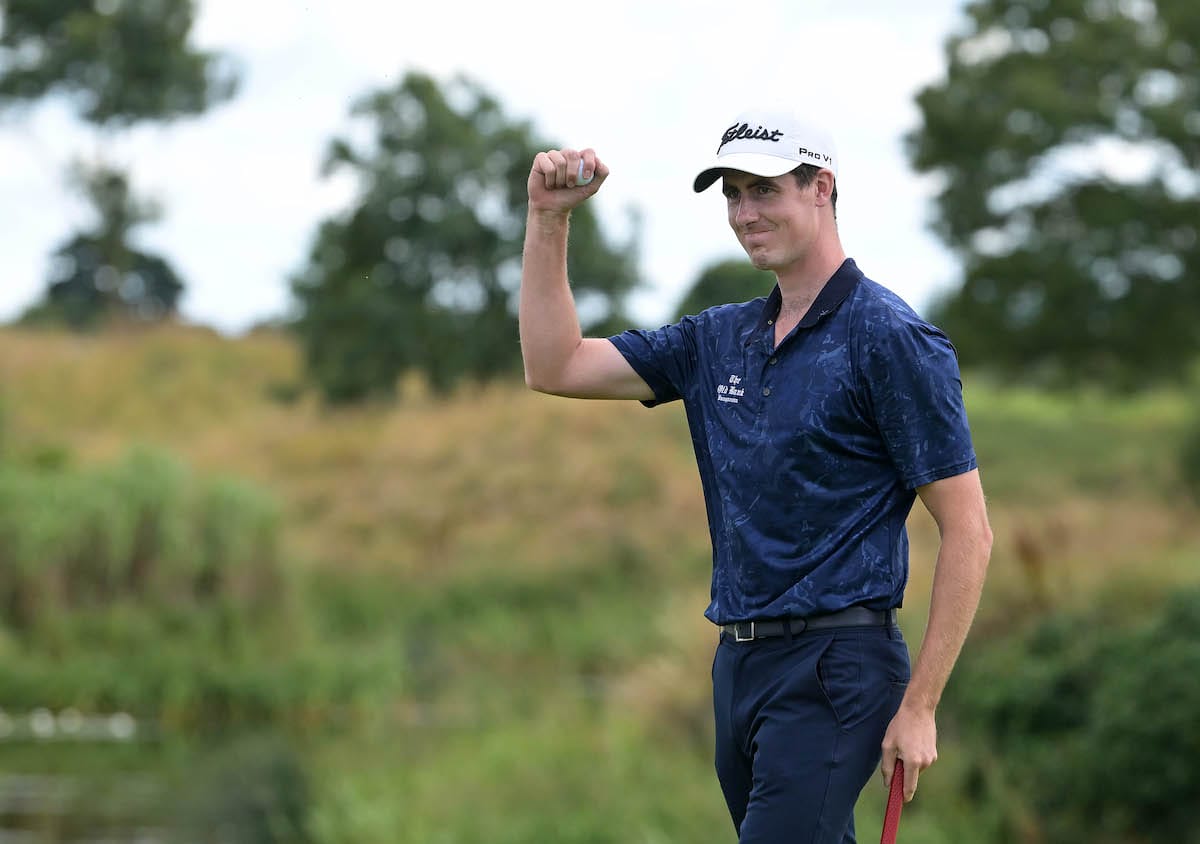





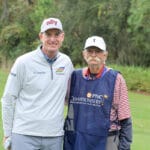



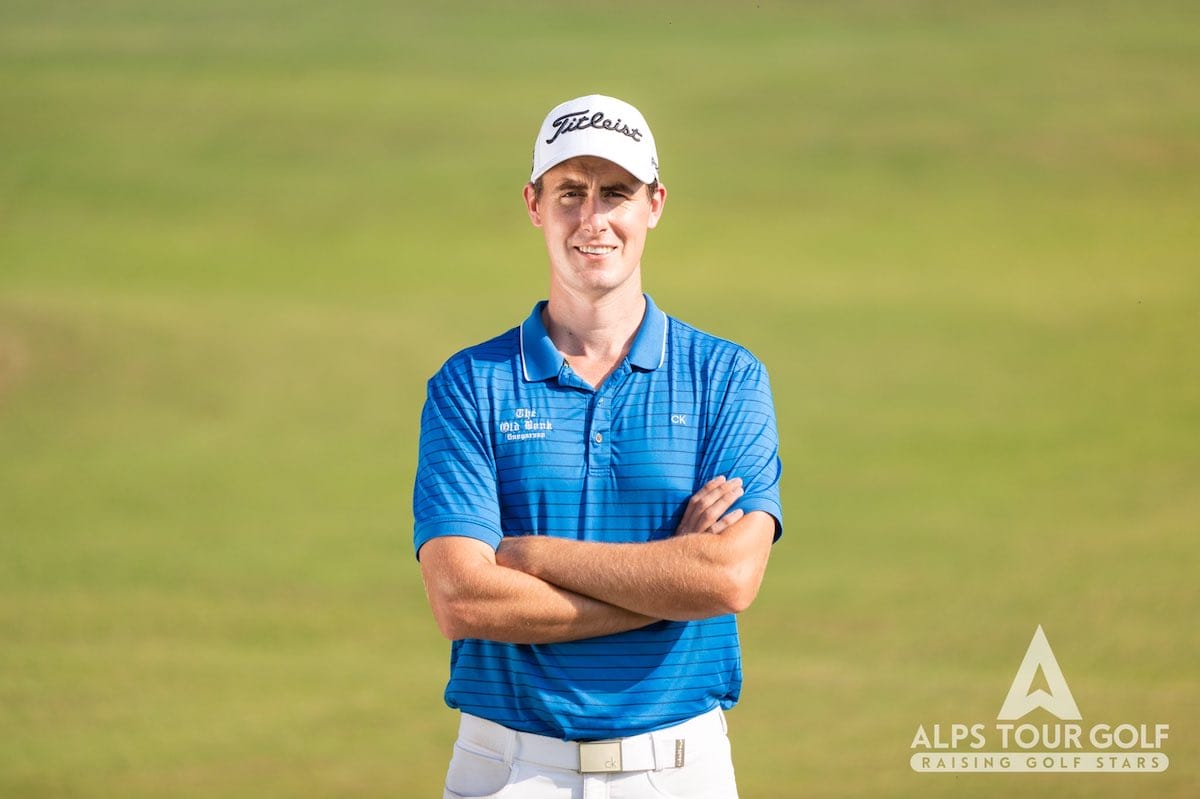
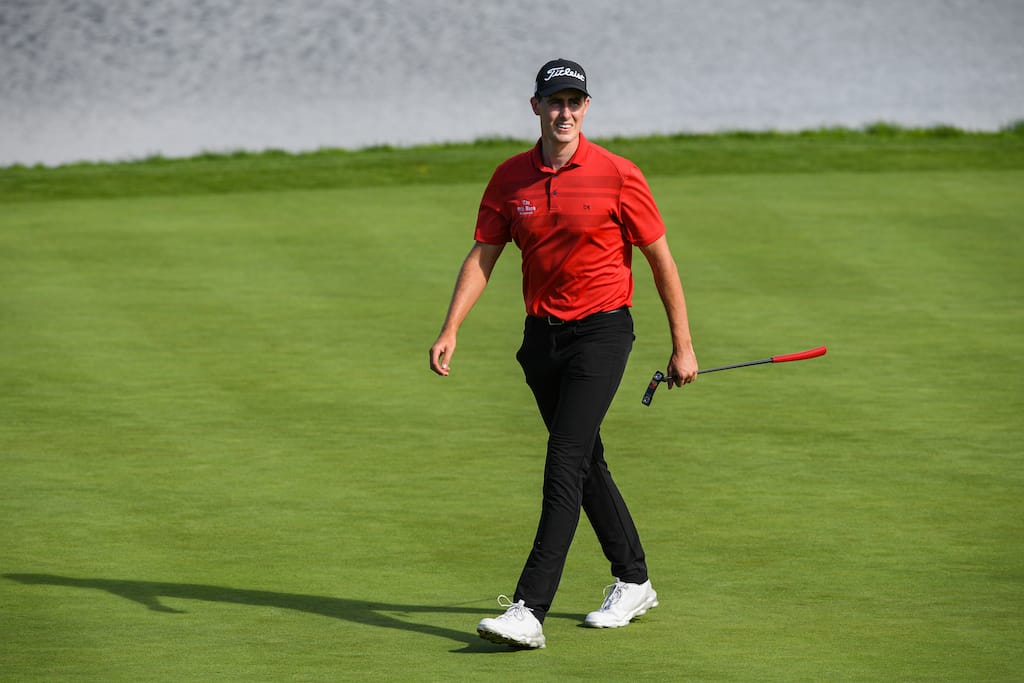
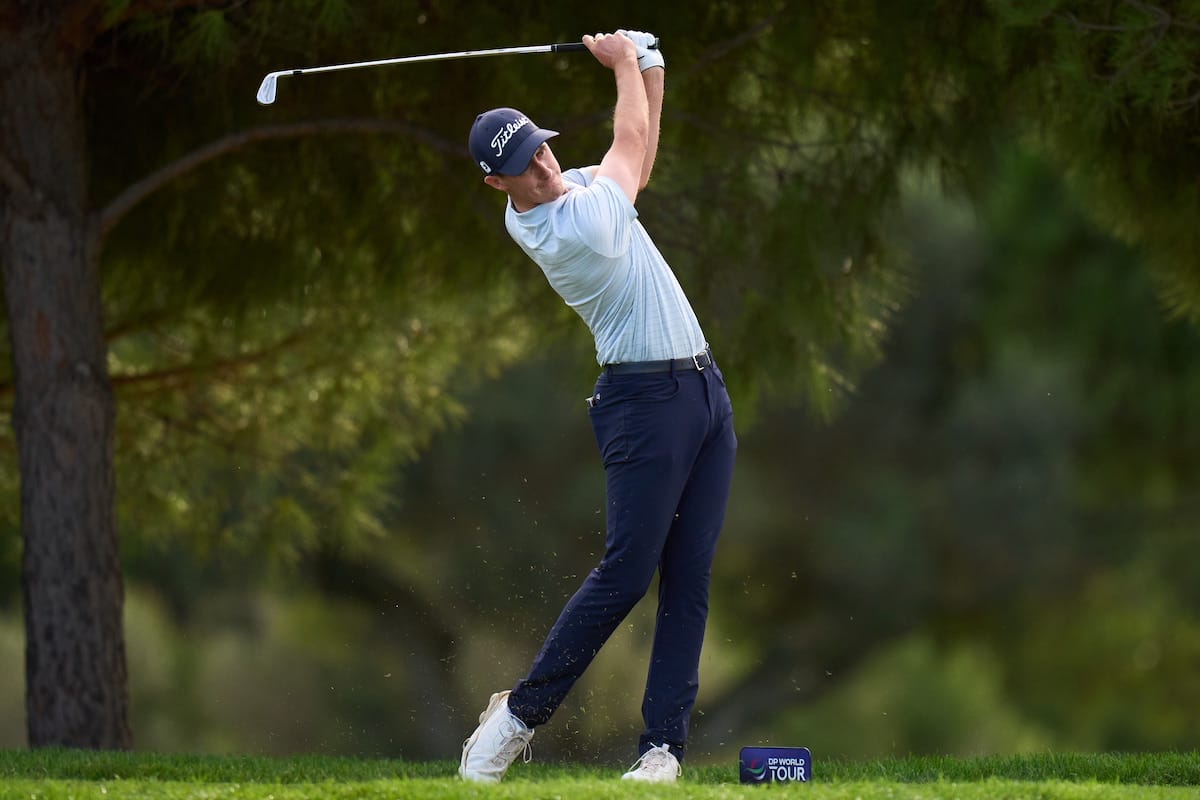
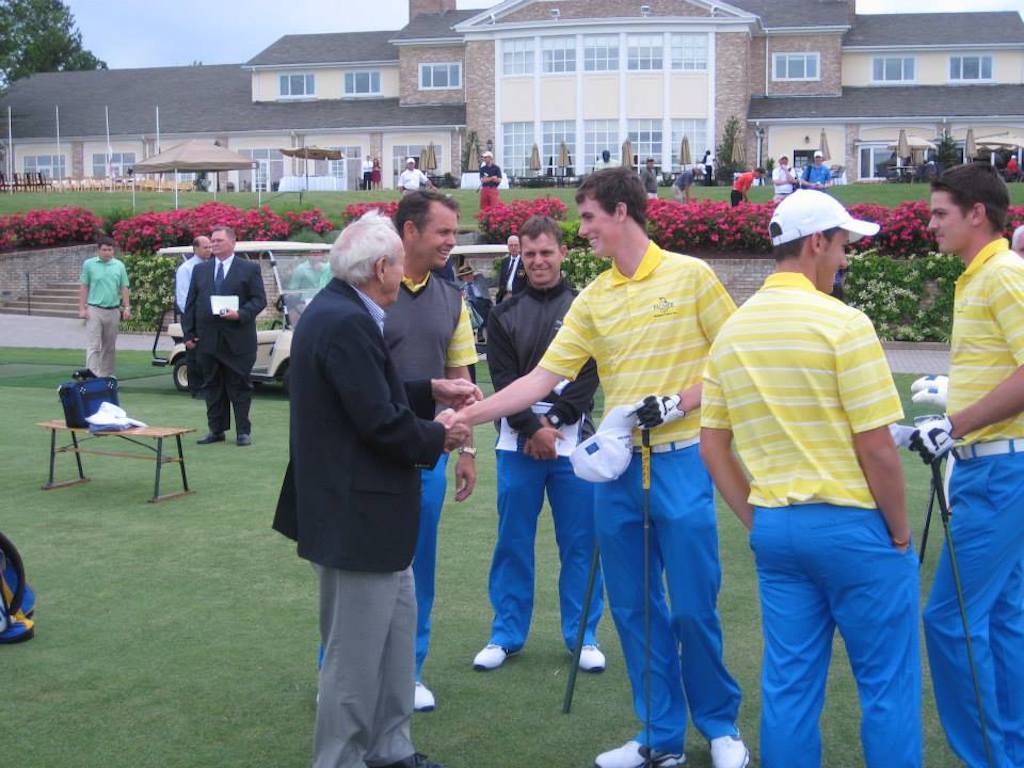
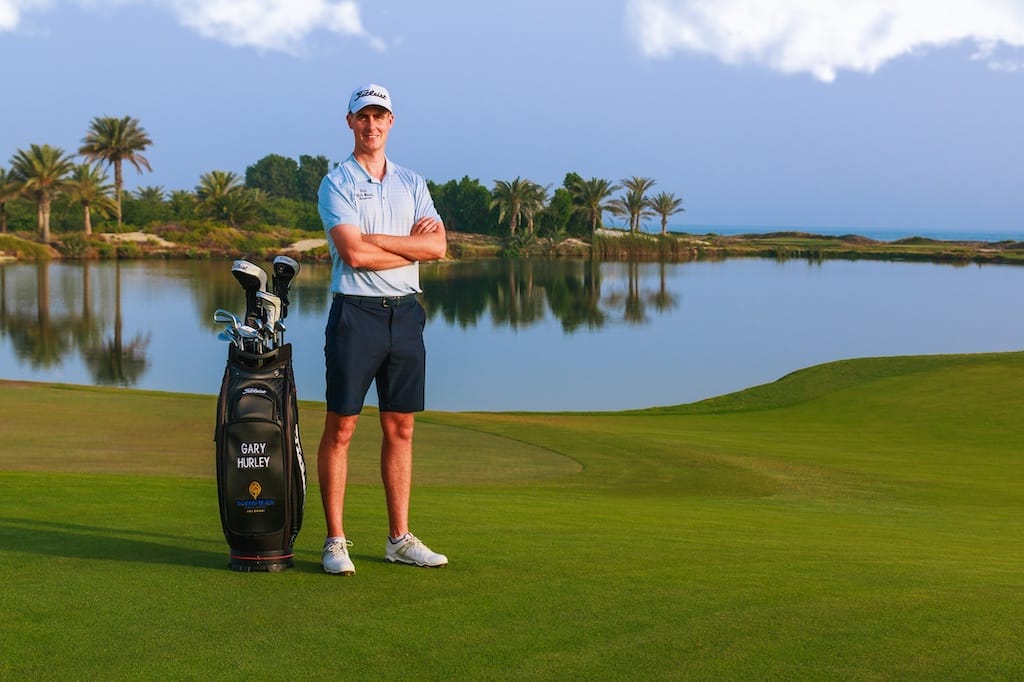
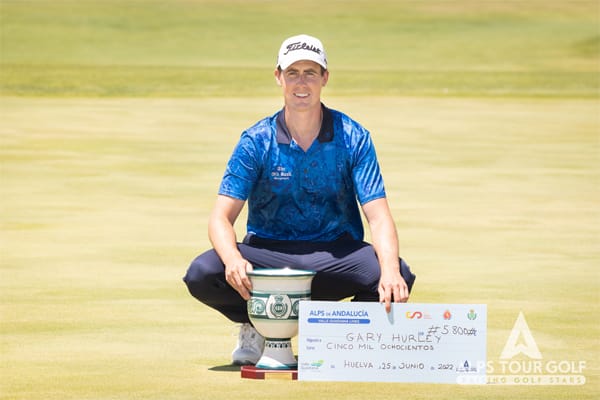



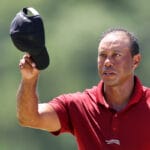



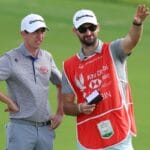




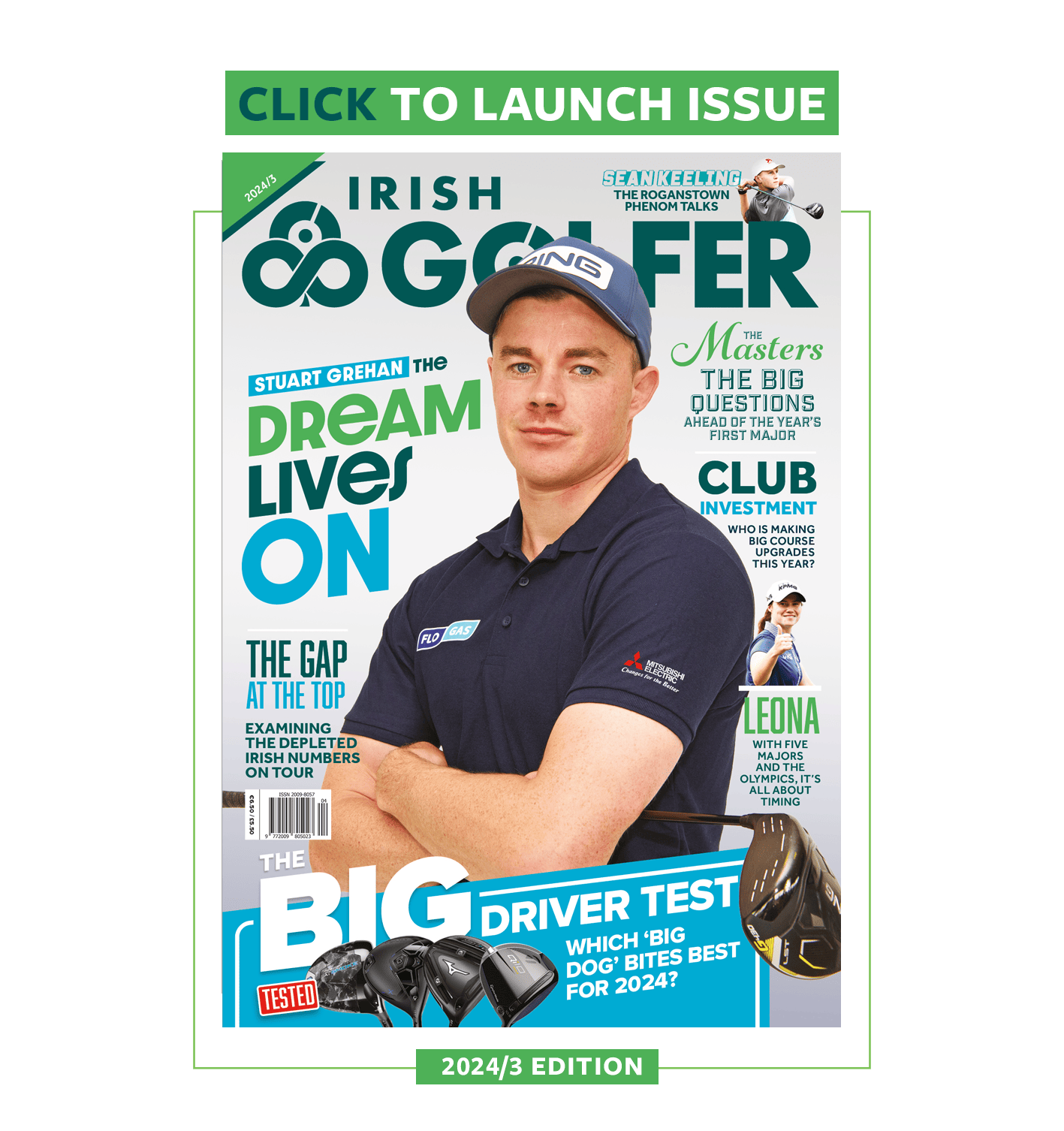
Leave a comment